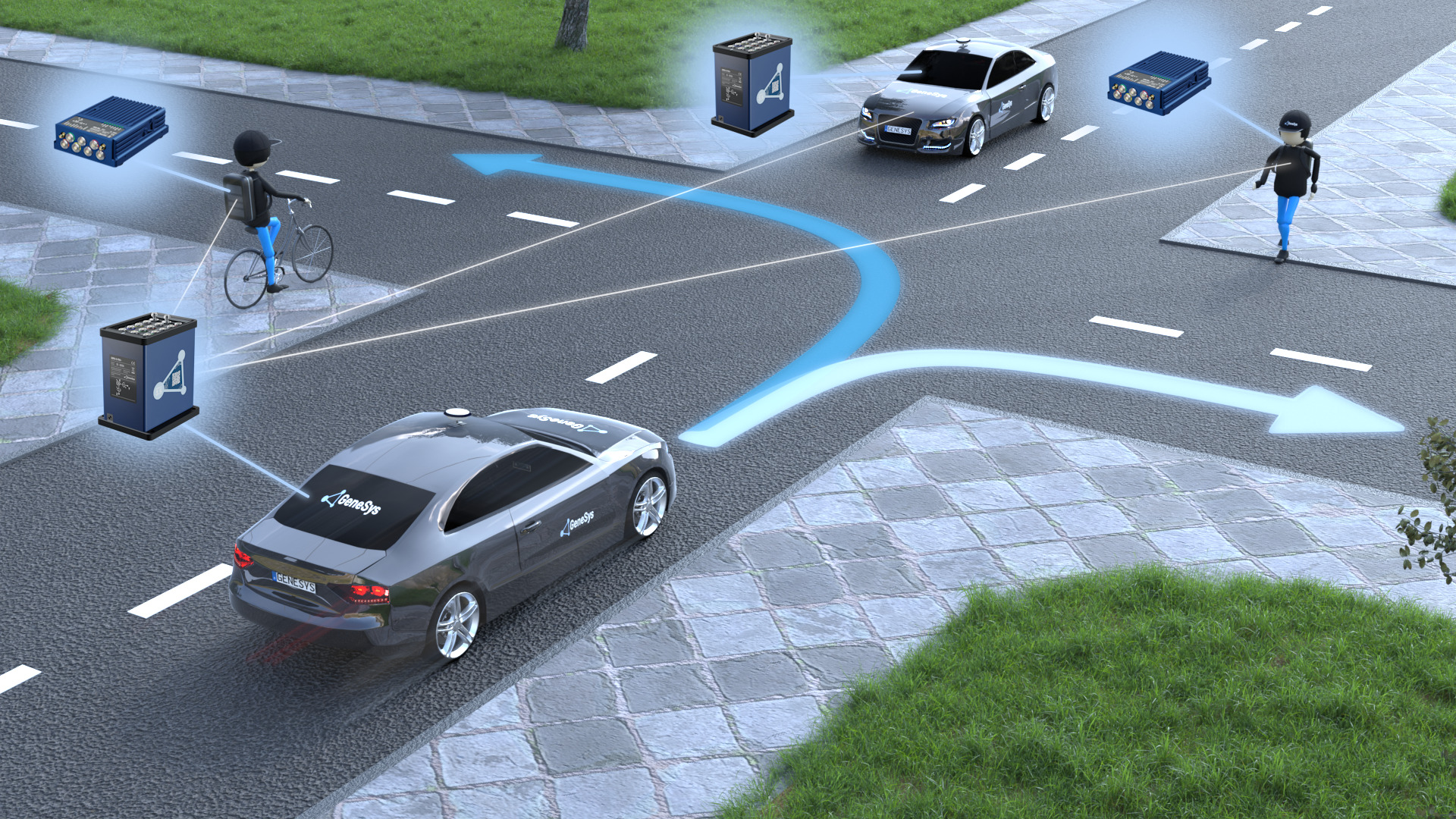UL 2594 EV Charging Communication ADAS Integration Testing
The UL 2594 standard for electric vehicle (EV) charging communication is a critical benchmark in the automotive testing sector, ensuring that advanced driver-assistance systems (ADAS) can communicate effectively with EV charging stations. This test ensures compliance and safety by validating the interoperability of these components to prevent potential hazards during real-world use.
As an essential part of autonomous vehicle development, UL 2594 testing is designed to verify that EV chargers and ADAS systems can exchange necessary information securely and efficiently. The standard covers various aspects including data formats, communication protocols, security measures, and error handling mechanisms. This ensures that vehicles equipped with ADAS technology can safely and reliably connect to charging stations, enhancing both user experience and safety.
The testing process involves several key steps. Initially, the EV charger's communication interface must be thoroughly analyzed for compliance with UL 2594 standards. This includes validating data formats, ensuring proper error handling, and verifying security protocols such as encryption methods used to protect sensitive information. Next, the ADAS system needs to be configured to respond appropriately when connected to a compliant charger.
Once both components are set up correctly, they undergo rigorous testing under various simulated conditions that replicate real-world scenarios. For instance, tests might include simulating different charging speeds, varying environmental factors like temperature changes or electromagnetic interference (EMI), and potential failures in communication links. These simulations help identify any discrepancies between the expected behavior of the EV charger and ADAS system versus actual performance.
A successful UL 2594 test not only ensures that vehicles and chargers work together seamlessly but also enhances overall safety by identifying vulnerabilities early on in development cycles. By adhering to this standard, manufacturers can build confidence among consumers regarding their products' reliability and security features while meeting regulatory requirements set forth by governing bodies worldwide.
In summary, UL 2594 EV Charging Communication ADAS Integration Testing plays a crucial role in ensuring that electric vehicles and advanced driver-assistance systems operate safely and securely when connected to charging stations. This process involves analyzing communication interfaces for compliance with specified standards, configuring ADAS systems appropriately, simulating real-world conditions through various tests, and validating the overall performance of integrated components.
Industry Applications
The UL 2594 standard finds extensive application across multiple sectors within the automotive industry. One key area is in the development of Level 3 to Level 5 autonomous vehicles where seamless interaction between ADAS systems and EV charging infrastructure becomes increasingly important.
- Autonomous Vehicle Development: Ensures that self-driving cars can communicate effectively with charging stations, which is crucial for their operation during long-distance travel or when parked overnight at public facilities.
- Advanced Driver-Assistance Systems (ADAS): Validates the ability of ADAS features like adaptive cruise control and lane-keeping assist to function correctly even while the vehicle is being charged. This helps maintain safety levels throughout all driving phases.
- Public Transportation: Supports electric buses and other public transport vehicles by ensuring reliable charging connections for extended operations without compromising passenger comfort or safety.
In addition to these applications, UL 2594 testing is vital in supporting the broader shift towards sustainable transportation systems. By promoting interoperability between different brands of EV chargers and ADAS-equipped vehicles, this standard contributes significantly to reducing emissions from fossil fuel-powered cars while enhancing efficiency through smart charging solutions.
Why Choose This Test
Selecting UL 2594 EV Charging Communication ADAS Integration Testing offers numerous benefits for organizations involved in the automotive industry. Firstly, it ensures compliance with international standards set by Underwriters Laboratories (UL), which is recognized globally as a leader in safety certification.
Another significant advantage lies in its ability to enhance product quality and reliability. By adhering to these stringent testing protocols, manufacturers can identify potential issues early in the development cycle before they become costly problems during mass production or post-release use.
The UL 2594 test also fosters trust among consumers by demonstrating a commitment to safety and security. When consumers see that their vehicles meet such rigorous standards, it builds confidence in both brand reputation and product performance.
Furthermore, compliance with this standard can open up new market opportunities for companies seeking to expand into regions where regulatory requirements are becoming more stringent regarding EV charging infrastructure and ADAS integration.
Lastly, participating in UL 2594 testing demonstrates a proactive approach towards innovation within the automotive sector. As technology continues to evolve rapidly, staying ahead of emerging trends like autonomous driving and electric mobility requires constant adaptation and improvement – something that this comprehensive test supports effectively.





